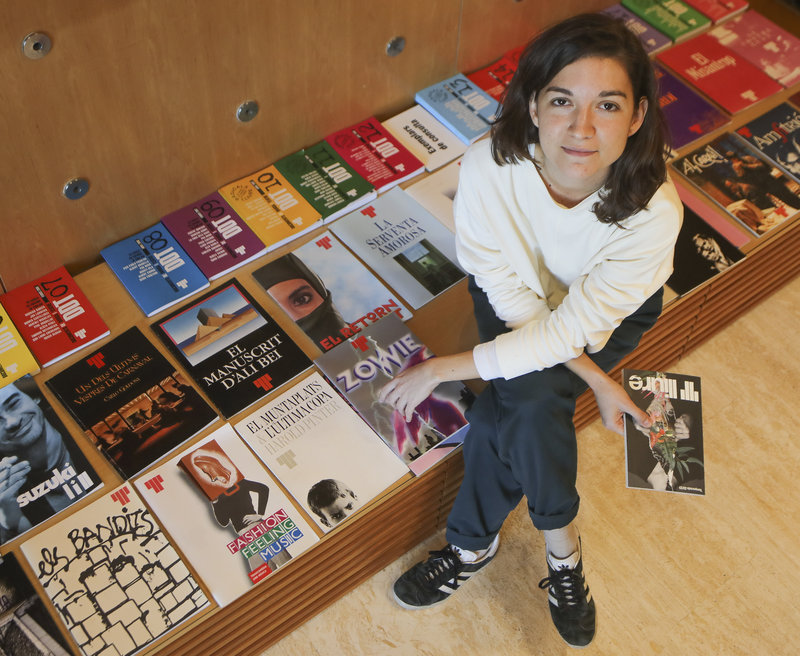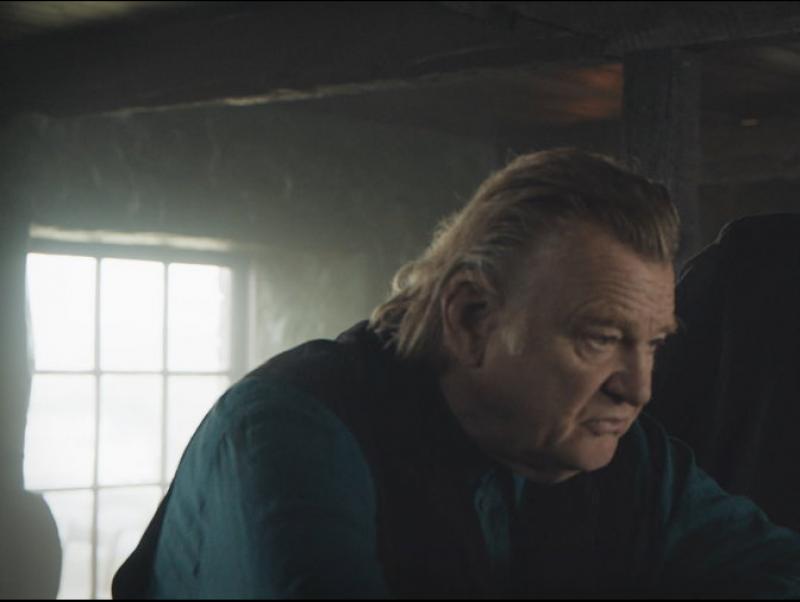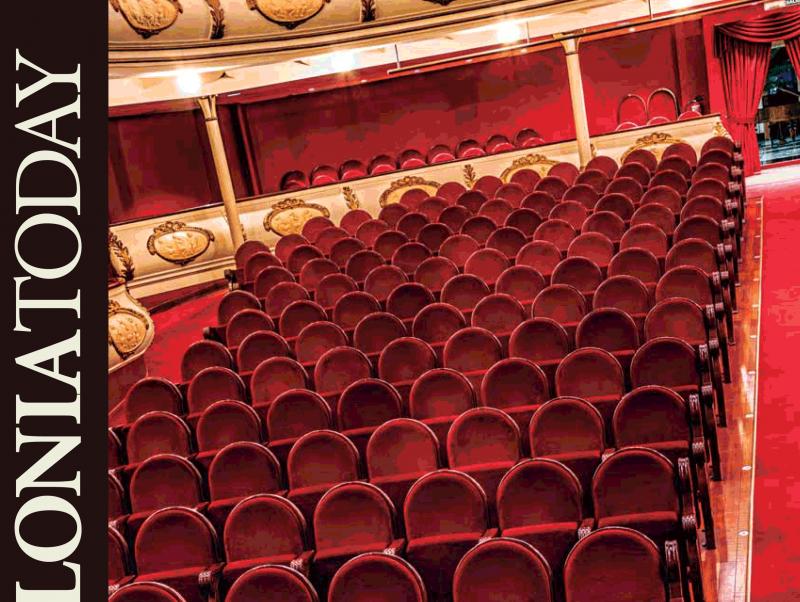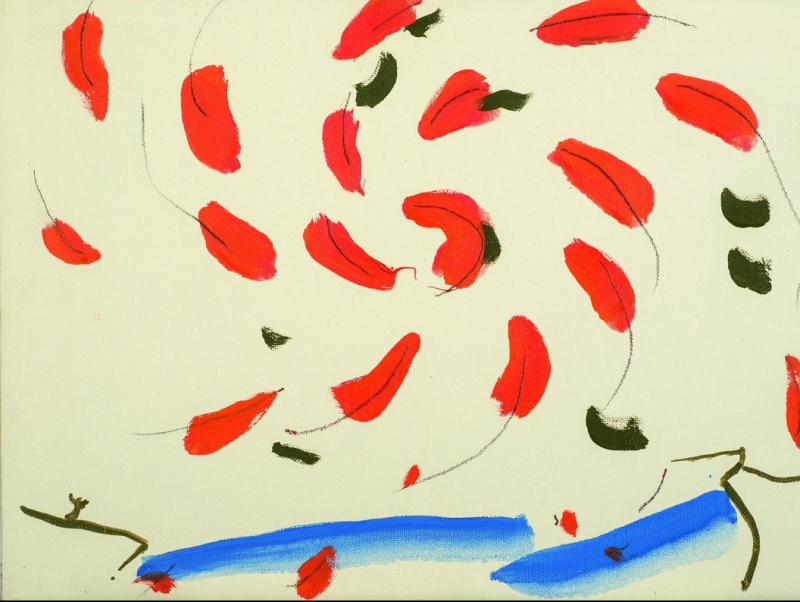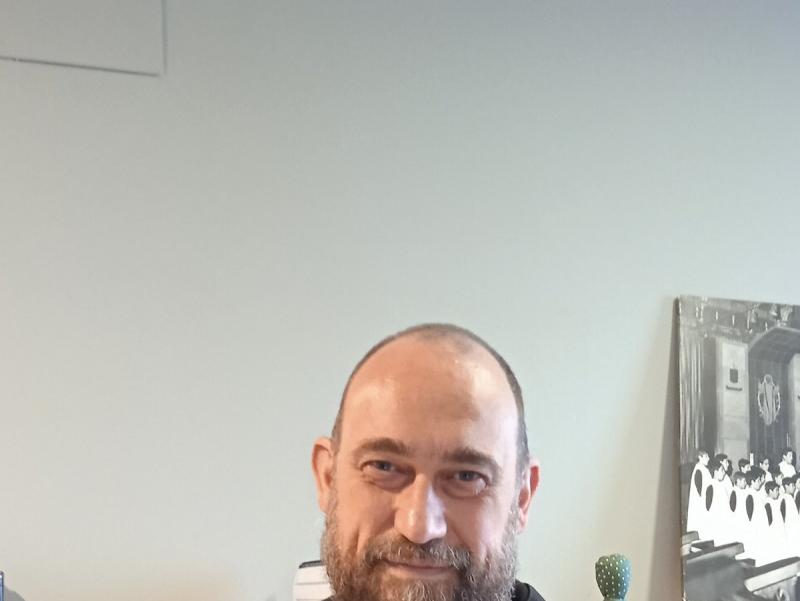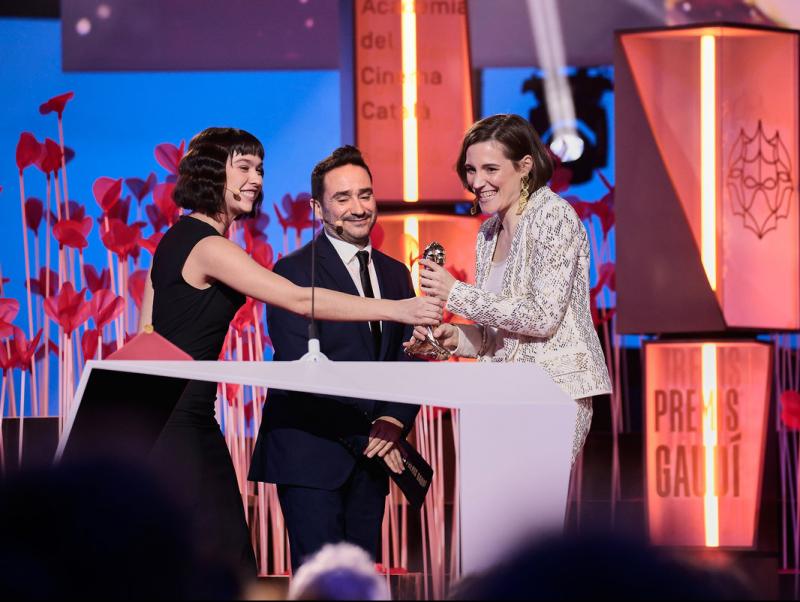Features
Georgina Oliva
Georgina Oliva PROGRAM AND CONTENT DIRECTOR OF THE teatre lliure
“We need a diverse cultural landscape”
We have to work together but also make sure our artistic line does not become blurred THERE ARE NO HARD AND FAST ANSWERS; PROGRAMMING IS REALLY A CASE OF JUGGLING
How much liaison is there with other theatres?
We talk a lot, especially with the National Theatre of Catalonia (TNC) and Sala Beckett. We also take part in joint projects at L’Auditori, the Liceu, and Viu Montjuïc. As cultural leaders we must make sure that there’s a diverse cultural landscape in the city.
Given the difficulties of producing, why is there not more cooperation between cultural institutions?
We have to work together but we must also make sure our artistic line does not become blurred. There has to be a balance between collaborations with other institutions and keeping one’s own artistic line, otherwise we will all end up scheduling the same type of thing. There are no hard-and-fast answers and programming is really a case of juggling, which is the interesting part of this job.
The Lliure’s programming seems much closer to that of the TNC.
The Lliure has been doing more of its own productions. In terms of classical theatre, we have seen that the Fabià Puigserver room [the theatre’s main stage] works well for epic stories, and there we have recently put on Crime and Punishment and Yerma.
Yet Lliure gives such classics its own treatment.
The Lliure takes classic works and revisits them in a contemporary way. That’s why contemporary directors carry so much weight in this theatre.
Lliure was supposed to be the theatre for residencies and education. Why the change?
The problem we had was that the residential and educational programmes did not have their own space, and this affected such things as schedules and budgets. Now the Espai Lliure stage is much more defined, and that’s where we can show work by resident and emerging artists.
Before the pandemic, the theatre said it wanted to strengthen its international profile.
Projects like [the European network of public theatres] Mytos were very useful during the pandemic because it was a direct way to stay connected with other theatres in Europe. It was key then and remains so now.
What about possible international co-productions?
Co-producing on a European scale is playing in another league. Co-producing with some European theatre ends up much more expensive because they have different budgets. In Spain you know you’re in the right league. Having said that, we have an international co-production coming up. One Song, produced with Belgian artist Miet Warlop, will be on April 6 and 7.
The legacy of Fabià Puigserver [a founder of Teatre Lliure] is today largely unknown to the general public.
When our management term began, we decided to have exhibitions based on historical documents and teach people about the key figures of the Teatre Lliure. An example is setting up the Soldevila scholarship [named after another founder, Carlota Soldevila], and it’s true there were people who were awarded the scholarship without knowing who she was. There were other important figures in the setting up of the Teatre Lliure that should be remembered and that is why we intend to digitise our archive.
Interview Theatre
Related news
Leave a comment
Sign in.
Sign in if you are already a verified reader.
I want to become verified reader.
To leave comments on the website you must be a verified reader.
Note: To leave comments on the website you must be a verified reader and accept the conditions of use.

